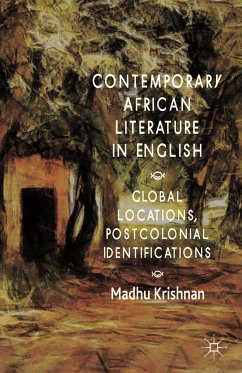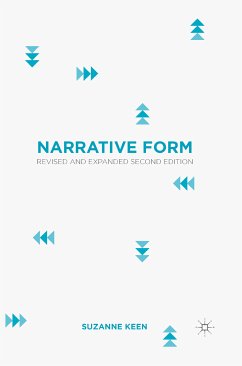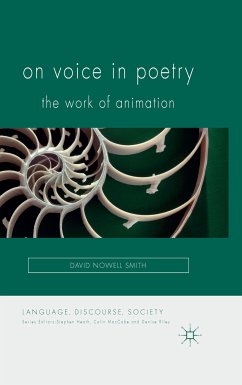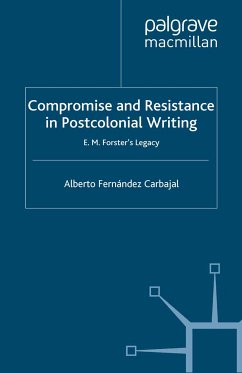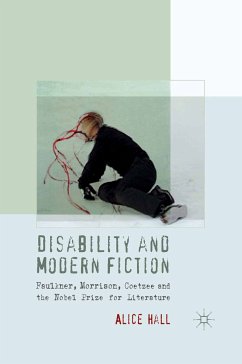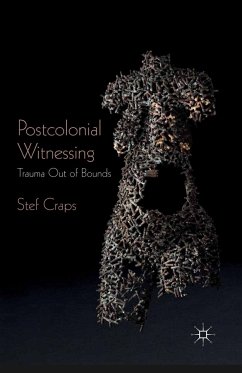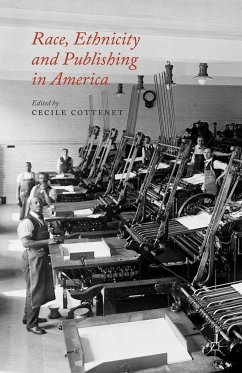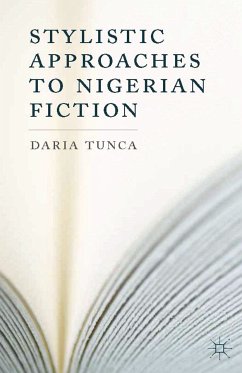
Stylistic Approaches to Nigerian Fiction (eBook, PDF)
Versandkostenfrei!
Sofort per Download lieferbar
40,95 €
inkl. MwSt.
Weitere Ausgaben:

PAYBACK Punkte
20 °P sammeln!
Drawing on the discipline of stylistics, this book introduces a series of methodological tools and applies them to works by well-known Nigerian writers, including Abani, Adichie and Okri. In doing so, it demonstrates how attention to form fosters understanding of content in their work, as well as in African and postcolonial literatures more widely.
Dieser Download kann aus rechtlichen Gründen nur mit Rechnungsadresse in A, B, BG, CY, CZ, D, DK, EW, E, FIN, F, GR, HR, H, IRL, I, LT, L, LR, M, NL, PL, P, R, S, SLO, SK ausgeliefert werden.



